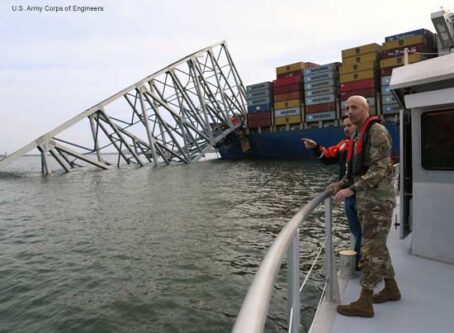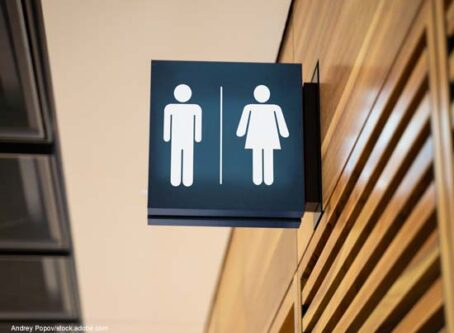Pennsylvania Senate could soon vote on snow and ice removal bill
Pennsylvania’s summertime heat soon could give way to state lawmakers’ possible passage of a bill to address a wintertime driving concern.
A bill nearing passage at the statehouse would implement a snow and ice removal mandate for car and truck drivers.
State law allows police to ticket car and truck drivers with citations for penalties of $200 and $1,000 if snow or ice falls from a vehicle and causes serious injury or death.
In 2019 there were eight citation filings in Pennsylvania district courts that resulted in six convictions, according to a fiscal note. The convictions resulted in an average fine of $220.
Once the legislature returns in September from summer break, the full House could take up for consideration a bill to revise the state’s rule on the removal of snow and ice from vehicles.
Specifically, law enforcement would be authorized to issue tickets solely for failure to clear vehicles of snow and ice. In addition to trucks, mass transit vehicles, buses, and school buses would be covered by the rule.
The House Transportation Committee voted 23-2 this spring to advance the bill. Senate lawmakers already approved SB114 by unanimous consent.
Long-time pursuit
Sen. Lisa Boscola, D-Northampton, has long championed the removal of snow and ice from vehicles.
She has called for a rule change since a 2005 incident that killed Christine Lambert of Palmer Township, Pa. Lambert was killed as a result of a piece of ice that dislodged from a box truck and crashed through her vehicle’s windshield.
For years, Boscola has pursued the change at the statehouse. She says her bill is about safety and responsibility.
“Hopefully, Christine’s Law will increase public awareness and make people more vigilant about clearing snow and ice from their vehicles,” Boscola said in previous remarks.
Change through the years
The legislation has had a rough go through the years, gaining support from legislators and the trucking industry.
In hopes of getting a deal done, changes have been made to the legislation that are intended to accommodate large trucks.
One change would limit enforcement to highways.
Drivers would be required to make “reasonable efforts” to remove snow or ice from all parts of their vehicles within 24 hours of a weather event.
Offenders would face a maximum fine of $1,500 if the wintry precipitation causes serious injury or death. The bill includes an additional protection allowing police to ticket drivers $50 for failure to clear snow or ice before they take to the roads.
Boscola has said that law enforcement should be allowed to stop a vehicle with a dangerous amount of snow or ice before an incident occurs.
Truck operators would be excused if they are on their way to a facility to remove accumulated snow or ice. In addition, violations would not be issued if compliance would cause the trucker to violate any federal or state law or regulation regarding workplace safety, or if it would be a health or safety threat.
OOIDA questions practicality of snow and ice rule
The Owner-Operator Independent Drivers Association has concerns about rules that allow police to pull over drivers whose vehicles were not cleared of snow or ice. They point out that facilities are not readily available to accommodate clearance mandates on trucks. Another problem is the practicality of rules that appear to require people to climb atop large vehicles, and do so in less-than desirable conditions.
“Snow and ice on the top of trucks and trailers – or any vehicle for that matter – can be dangerous. I’m not going to dispute that,” said OOIDA Director of State Legislative Affairs Mike Matousek. “And if you’ve ever spent time in colder parts of the country where it snows, chances are you’ve seen a bunch of it flying off other cars on the road at some point. So I think it’s an issue that needs to be looked at, but there’s still no practical or safe way for a truck driver to remove it.”
In my younger days I might have been OK with attempting it, but not so much these days. If lawmakers think it’s so easy, perhaps they should try doing it and let us know how it turns out.” LL
More Land Line coverage of news from Pennsylvania.









